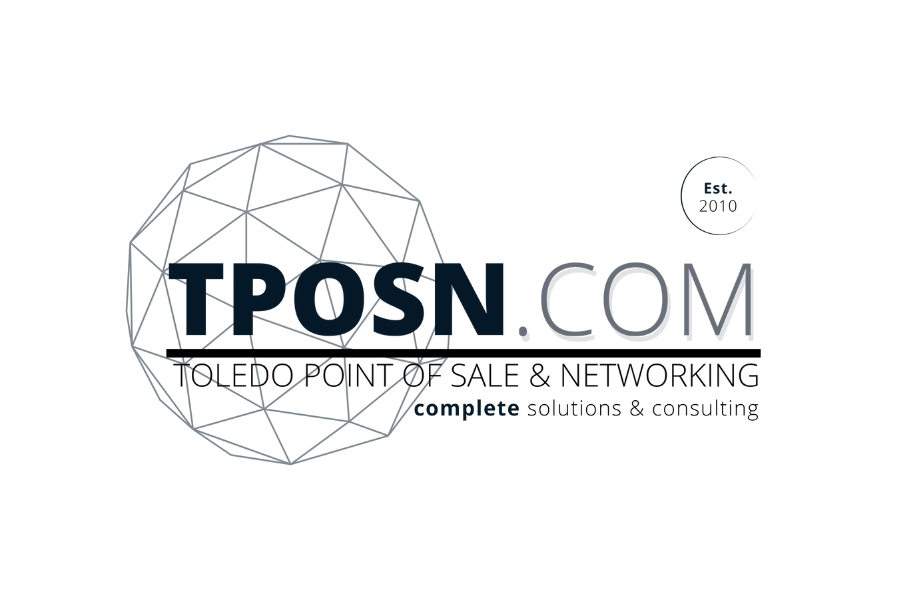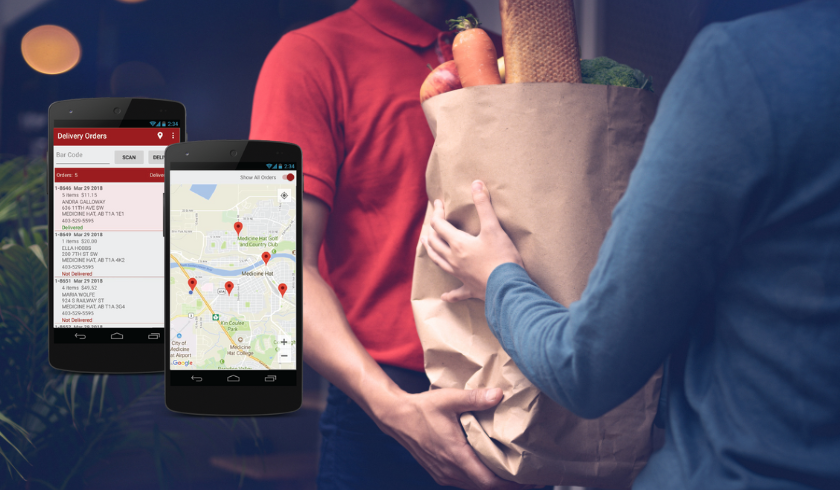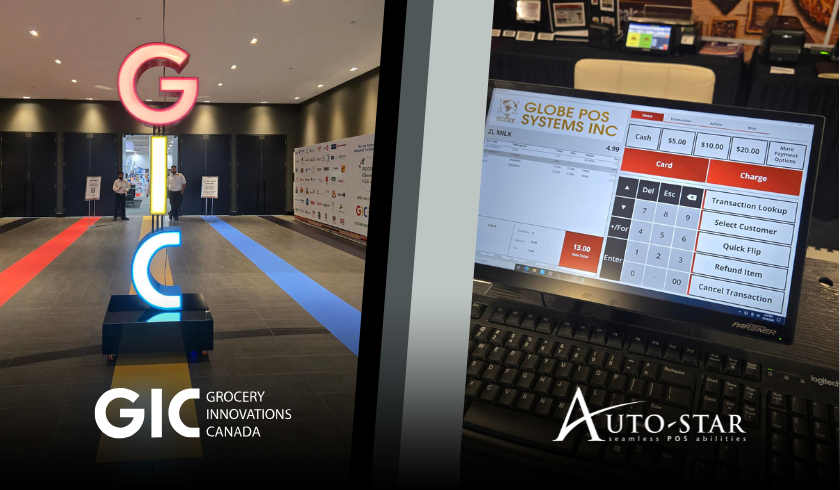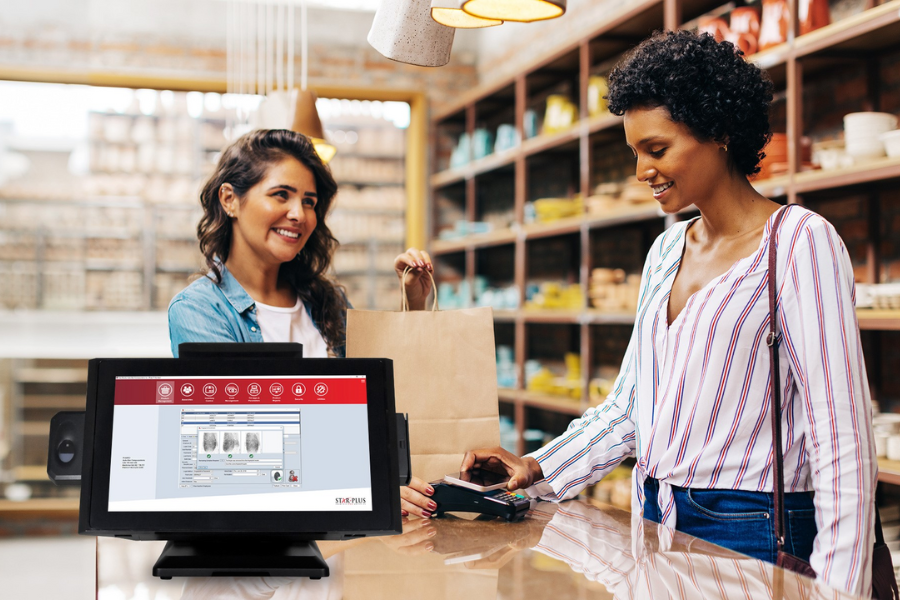In today’s world, sustainability is not just a buzzword; it’s a necessity. Nielsen IQ’s data reveals that 78% of consumers say a sustainable lifestyle is important to them and 30% are more likely to purchase products with sustainable credentials. As consumers become more conscious of their environmental footprint, grocery stores have a unique opportunity to lead the charge towards a greener future. Transitioning to a sustainable model not only helps the planet but also enhances your brand reputation, reduces costs, and attracts eco-conscious customers. Here’s our guide to becoming a sustainable grocer.
What is a Sustainable Grocer?
Sustainable grocers are concerned with the environmental and social impact of their business. This is also known as ESG. ESG stands for Environmental, Social, and Governance. It is a framework used to evaluate a company’s sustainability and ethical impact.
- Environmental: A company can impact the environment in a variety of ways such as energy consumption, waste management, carbon footprint and natural resource depletion.
- Social: The practices concerning employees, customers and communities such as fair pay, workplace health and safety, community relations / support, and employee experience.
- Governance: The policies and procedures that maintain compliance with regulations, best practices such as financial transparency, ethical business practices and risk management.
Reduce Food Waste
Food waste is a significant issue for grocery stores, with unsold or expired products often ending up in landfills.
- Implement a Food Donation Program: Partner with local food banks to donate unsold but still edible food. Ask your local farmers if they would appreciate compostable food items or unsold produce suitable for livestock.
- Sell Imperfect or Close to Expiry Produce: Promote the sale of imperfect or close to expiry fruits and vegetables that would otherwise go to waste. Use a point-of-sale software that can support and track promotions such as BOGOS and minimum purchase required pricing. This will not only reduce waste, but it also provides savings for customers trying to lower their grocery bills.
- Use Technology for Inventory Management: Employ software solutions to track inventory more effectively, reducing overstocking and spoilage.
Promote Sustainable Sourcing
Customers are increasingly looking for products that align with their values. According to Nielsen IQ’s data, 16% are choosing to buy products from socially responsible brands. By offering sustainably sourced products, you can meet this demand and support ethical practices.
- Stock Organic and Fair-Trade Products: Offer products that are certified organic, Fair Trade, or Rainforest Alliance Certified.
- Support Local Producers: Source products from local farms and businesses to reduce transportation emissions and support the local economy.
- Offer Plant-Based Options: Provide a variety of plant-based products as an environmentally friendly alternative to meat and dairy.
Minimize Packaging Waste
Packaging is a significant source of waste, especially plastic. Reducing packaging waste can help stores stand out as a leader in sustainability. See how this Toronto Grocer has embraced the zero-waste movement.
- Encourage Reusable Bags: Incentivize customers to bring their own bags by offering discounts or loyalty points.
- Offer Bulk Purchasing Options: By offering a large variety of bulk items, grocers may be able to lower inventory costs, provide savings to customers while reducing the need for individual packaging.
- Bring Your Own Containers: Encourage customers to supply their own reusable containers for the purchase of bulk items. Containers may range from store bought jars to reusable plastic containers to cloth bags. Because weights can vary significantly, to ensure customers are accurately charged for products, find a point of sale (POS) system that can subtract the empty container weight (or tare weight) prior to charging for the item at the till.
Educate and Engage Your Community
Sustainability is a collective effort. By educating and engaging your customers and community, grocers can amplify their impact.
- Host Sustainability Workshops: Offer workshops or events focused on sustainable living, such as how to reduce food waste at home.
- Promote Sustainable Products: Highlight eco-friendly products in store through signage, promotions, and social media.
- Share the Sustainability Story: Use platforms like websites, blogs, and social media to share the activities of the sustainable grocer journey.
Measuring and Reporting the Impact as a Sustainable Grocer
To continue improving, it’s important to measure sustainability efforts and report on progress.
- Track Key Metrics: Monitor energy use, waste reduction, and sourcing practices to gauge progress.
- Set Goals: Establish specific, measurable sustainability goals using the SMART method and work towards them.
- Report to Stakeholders: Share sustainability achievements with customers, employees, and shareholders to build trust and transparency.
The Values of a Sustainable Grocer
Becoming a sustainable grocer is not only good for the planet but also good for business. By taking steps to reduce waste, promote sustainable sourcing, and engaging communities, independent grocers can create a company culture that aligns with the values of today’s consumers. Start small, track progress, and continuously look for ways to improve. The journey towards sustainability is ongoing, but every step forward makes a difference.












